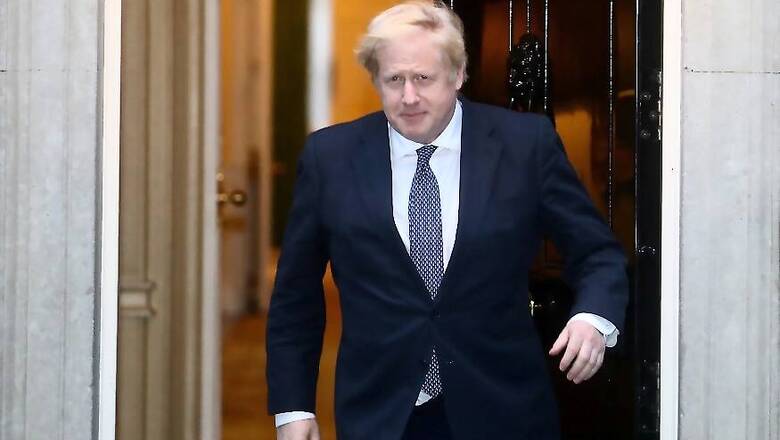
views
India and the UK will be enhancing their science and research collaboration with five new projects worth 8 million pounds to tackle anti-microbial resistance, which could lead to important advances in the global fight against antibiotic-resistant bacteria and genes.
The UK will contribute 4 million pounds from the UK Research and Innovation (UKRI) Fund for International Collaboration, which India will match with its own resources resulting in the total funding of 8 million pounds. The new tie-up was announced on Tuesday as Tariq Ahmad, UK Minister of State for South Asia and the Commonwealth, as he conducted a so-called virtual visit to India.
The UK has already partnered with India's Serum Institute to manufacture the vaccine for COVID-19, if clinical trials are successful, with plans to distribute to a billion people across the developing world, said Ahmad. But there is more we can do together to tackle urgent global health issues in the world. Our thriving research and innovation partnerships will benefit people in the UK and India, and beyond, he said.
India is a major producer of antimicrobials in the pharmaceutical industry global supply chain, and the research projects aim to develop a better understanding of how waste from antimicrobial manufacturing could be inadvertently fuelling anti-microbial resistance (AMR). The five projects backed by the new funding are planned for September, subject to clearances.
Sir Philip Barton, UK High Commissioner to India, said: The UK is India's second-biggest research partner, with joint research expected to be worth 400 million pounds by next year. This huge investment enables us to work closely together on global health challenges such as the search for a COVID-19 vaccine." Today's announcement is another demonstration of our excellent research relationship and will strengthen the important fight against anti-microbial resistance.
During the virtual India tour, Ahmad chaired a roundtable with senior Indian and UK-based stakeholders on cold-chain technologies that are critical for the effective transport of vaccines, ensuring they successfully reach their final destination. Other elements of the ministerial engagement included meetings with Minister of State for External Affairs and Parliamentary Affairs, V Muraleedharan, to discuss a number of subjects including multilateral cooperation.
It also included a meeting with Gujarati chief minister Vijay Rupani; discussions with regional governments and others on opportunities in wind power; and a virtual tour of a UK-funded solar plant in Rajasthan.












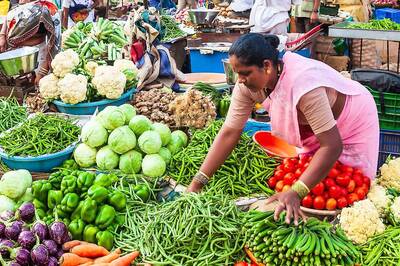
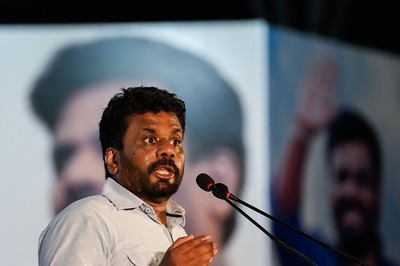
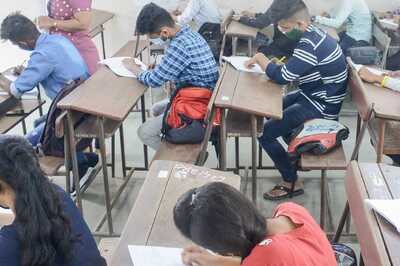

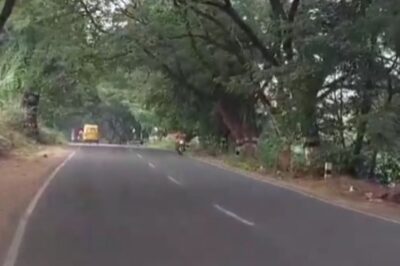
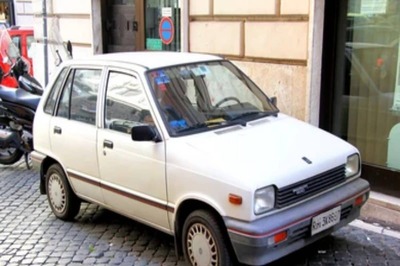

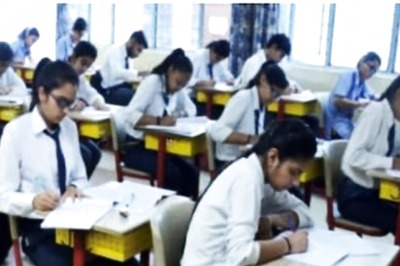
Comments
0 comment